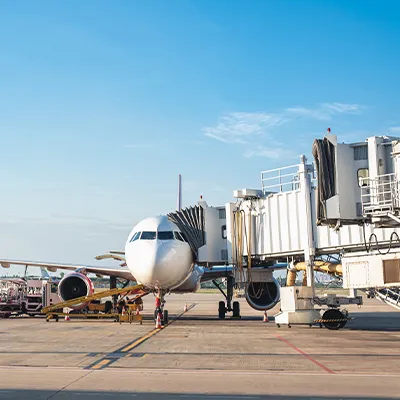Around $220 million is being pumped into national research initiatives focusing on sustainability, in areas such as water technologies and projects that can squeeze value from waste, Minister for Sustainability and the Environment Grace Fu said on Tuesday (March 8).
Almost one-third, or $80 million, will go to research projects that look at how resources can be recovered from Singapore's key waste streams - plastics, electronic waste and food, said Ms Fu.
"It will support the development of useful and safe applications for treated waste residue and low-carbon waste treatment options," she said during a parliamentary session on Singapore's green efforts.
The initiative adds to the earlier Closing the Waste Loop initiative, which was awarded $45 million in funding in 2017.
Fifteen research and development projects have been funded by the National Environment Agency under the previous programme, with seven getting commercial interest.
For instance, Republic Polytechnic has, in collaboration with building materials provider EnGro Corporation, formulated a technique to treat incineration bottom ash for use as construction material, she noted.
This could enable the ash to be diverted from Semakau Landfill, thus prolonging the facility's lifespan, she said.
Semakau Landfill is the country's only such facility and its lifespan has already been shortened from the projected 2045 to 2035.
Under the Singapore Green Plan 2030, which sets out green targets for the country, the Republic wants to reduce waste sent to Semakau per capita per day by 20 per cent by 2026, with the goal of reaching 30 per cent by 2030.







